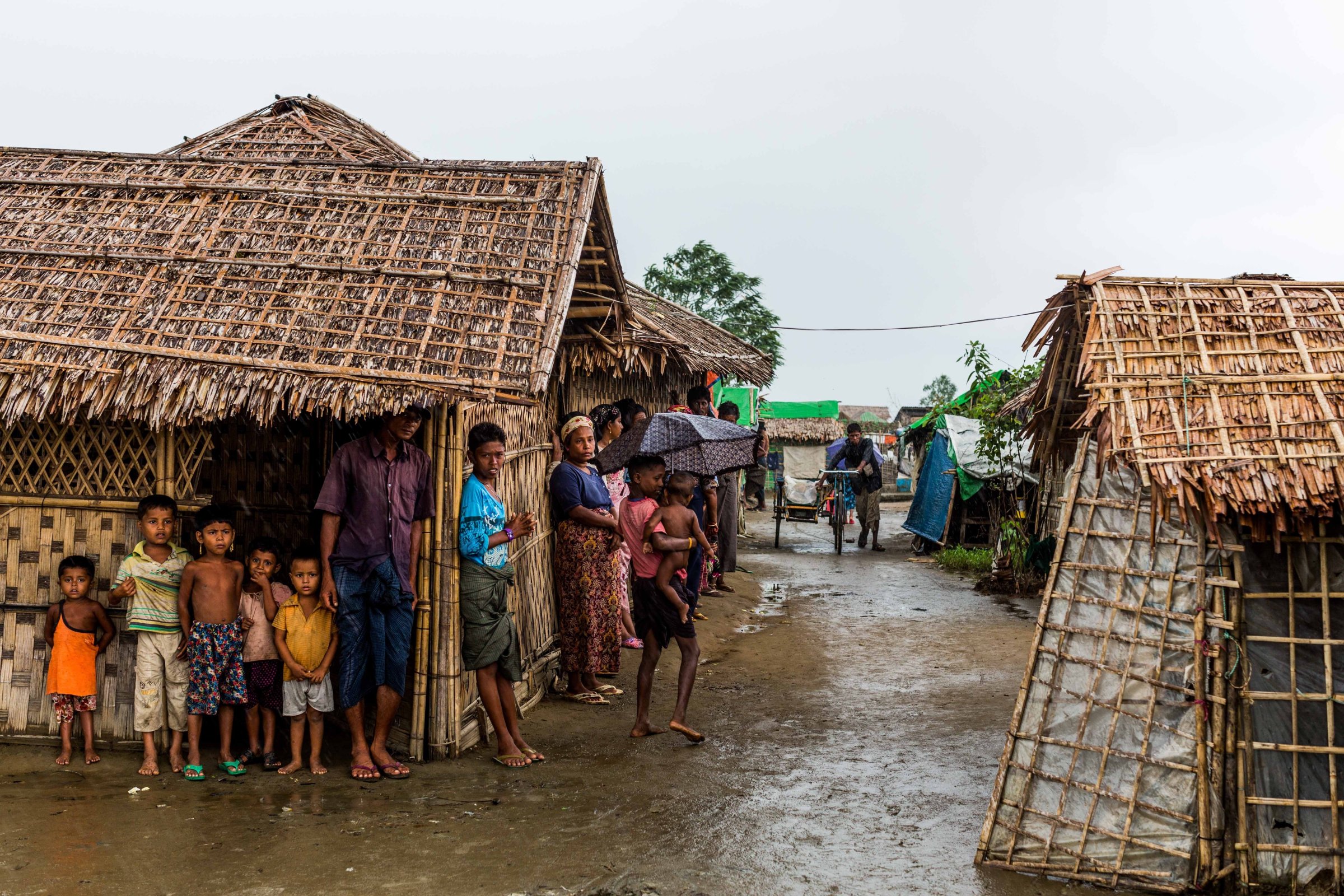
The Rohingya Muslim minority in western Burma face torture, unlawful detention and restrictions on their movement, among other abuses, the U.S. State Department says, but American officials believe the government’s treatment of the group does not constitute genocide.
The department reported to Congress last week after it was asked to look into allegations that an effort was underway to wipe out the ethnic group.
“While it’s without question that [the Rohingya] continue to face persecution, we did not determine that it was on the level of genocide,” State Department spokesman John Kirby told reporters on Monday.
More than 1 million people identifying themselves as Rohingya live in Rakhine state, which sits on the Bay of Bengal. They have faced discrimination for decades by Burmese governments who insisted they are interlopers from neighboring Bangladesh, and not entitled to citizenship, despite many tracing their roots in the region back generations.
“Members of the Rohingya community in particular reportedly face abuses by the Government of Burma, including those involving torture, unlawful arrest and detention, restricted movement, restrictions on religious practice, and discrimination in employment and access to social services,” said the State Department’s Atrocities Prevention Report.
The Rohingya, Burma's Forgotten Muslims by James Nachtwey
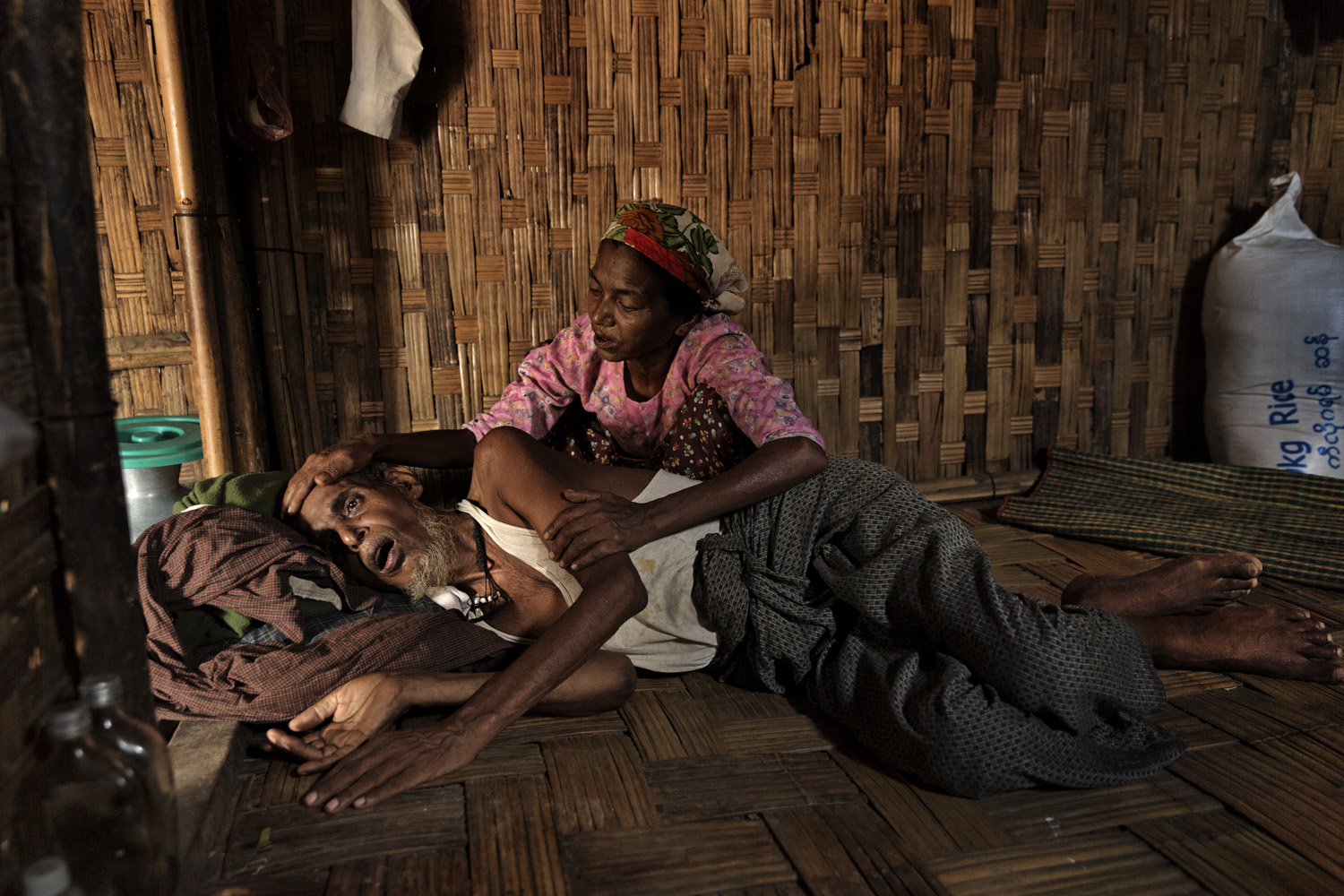
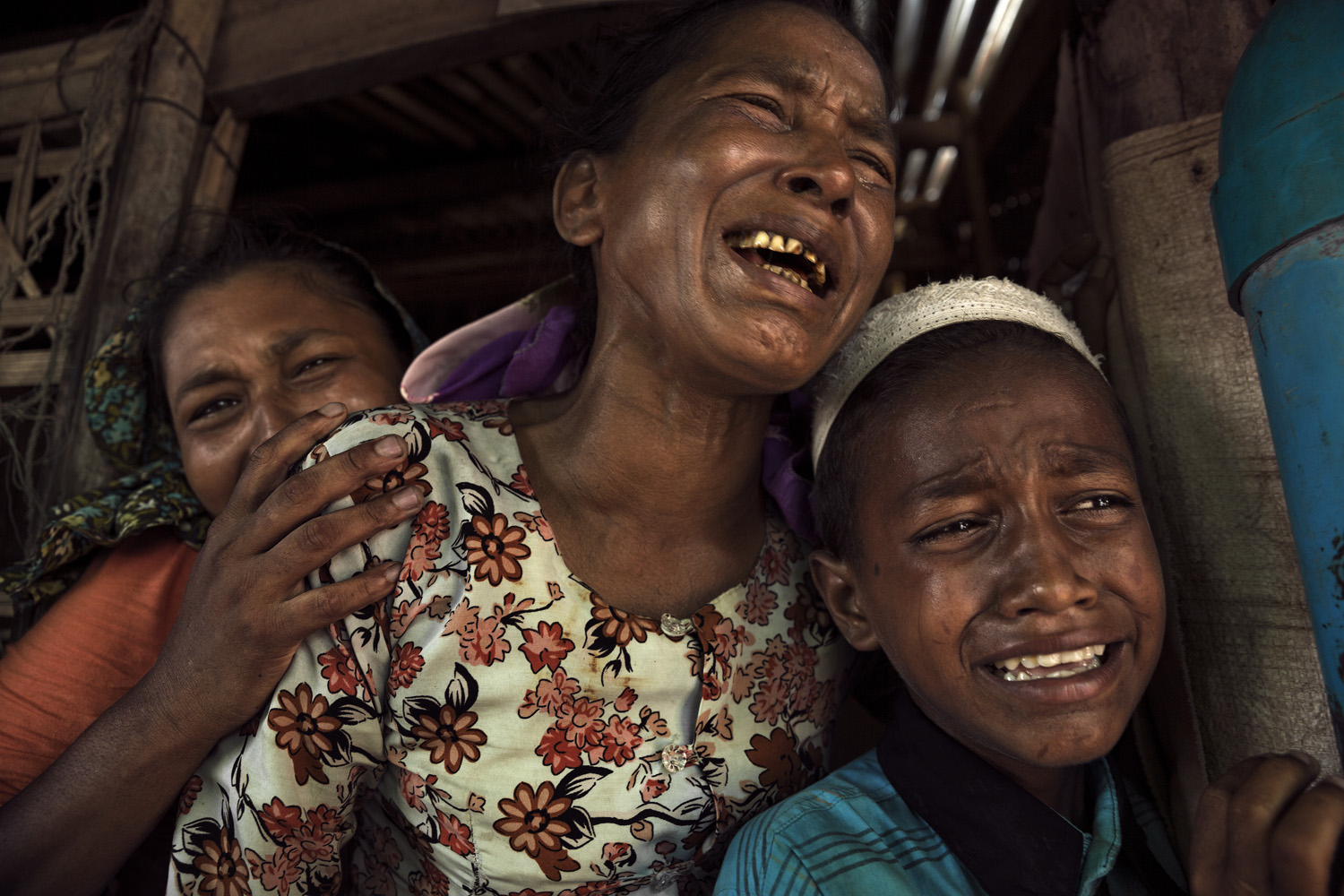
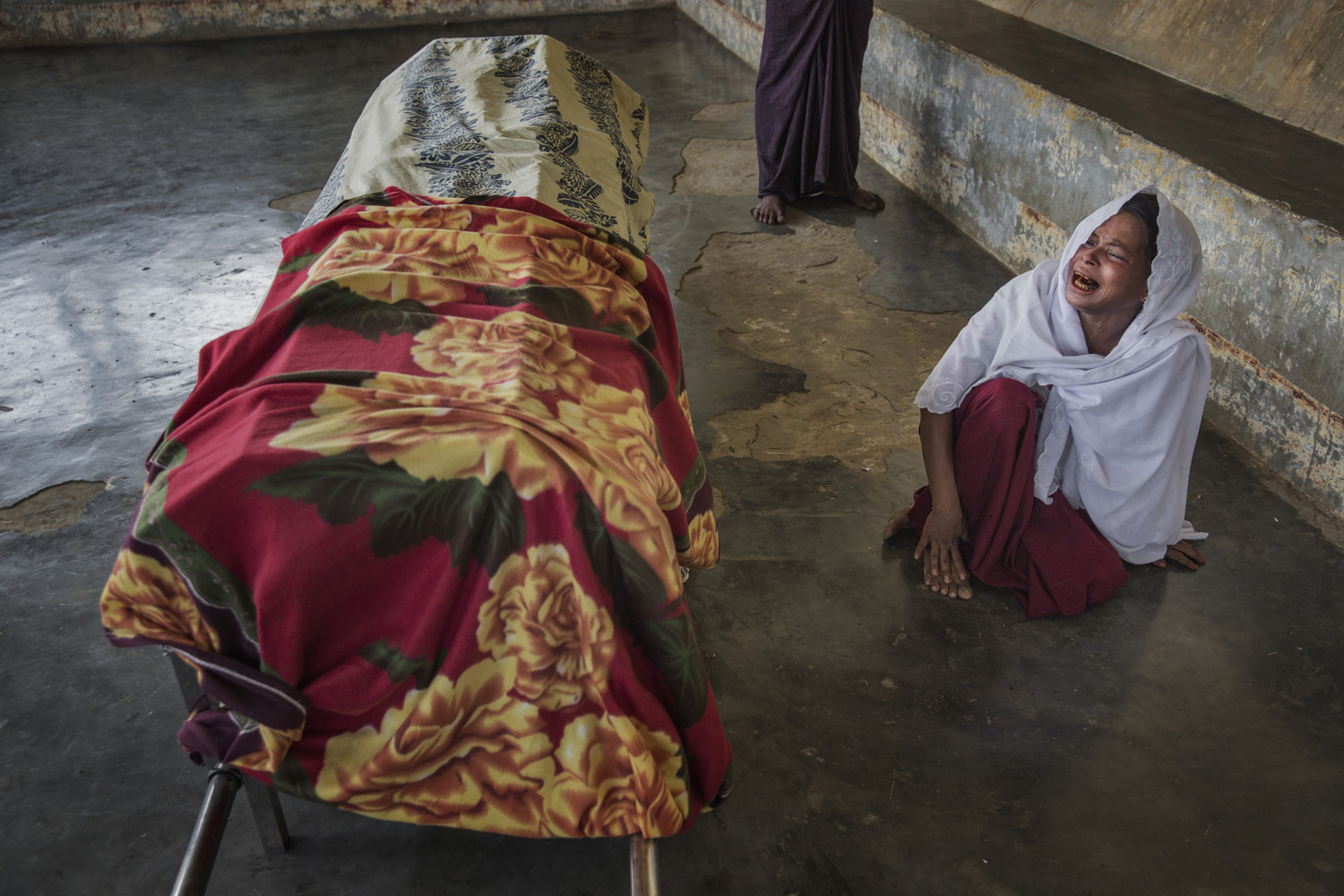
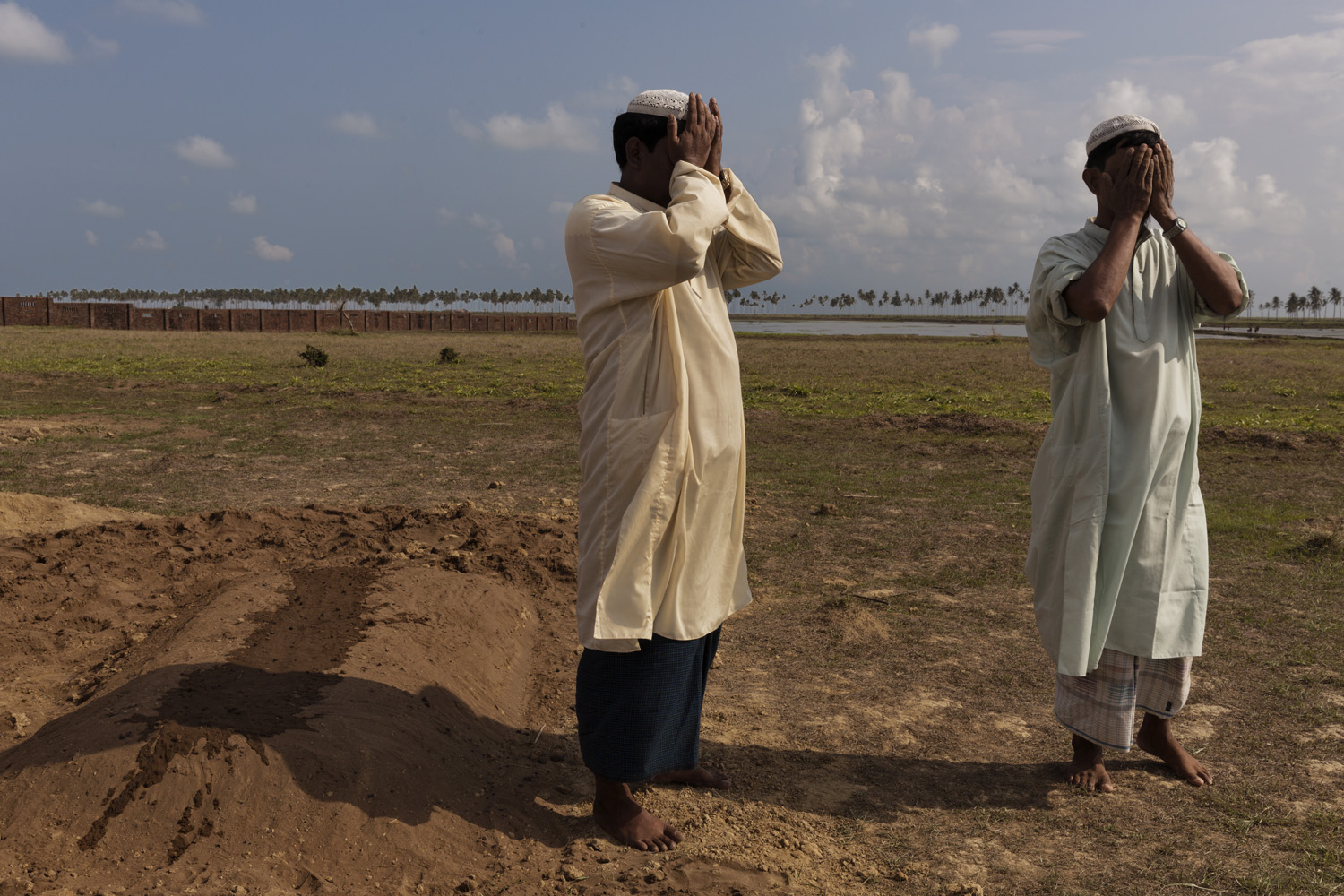
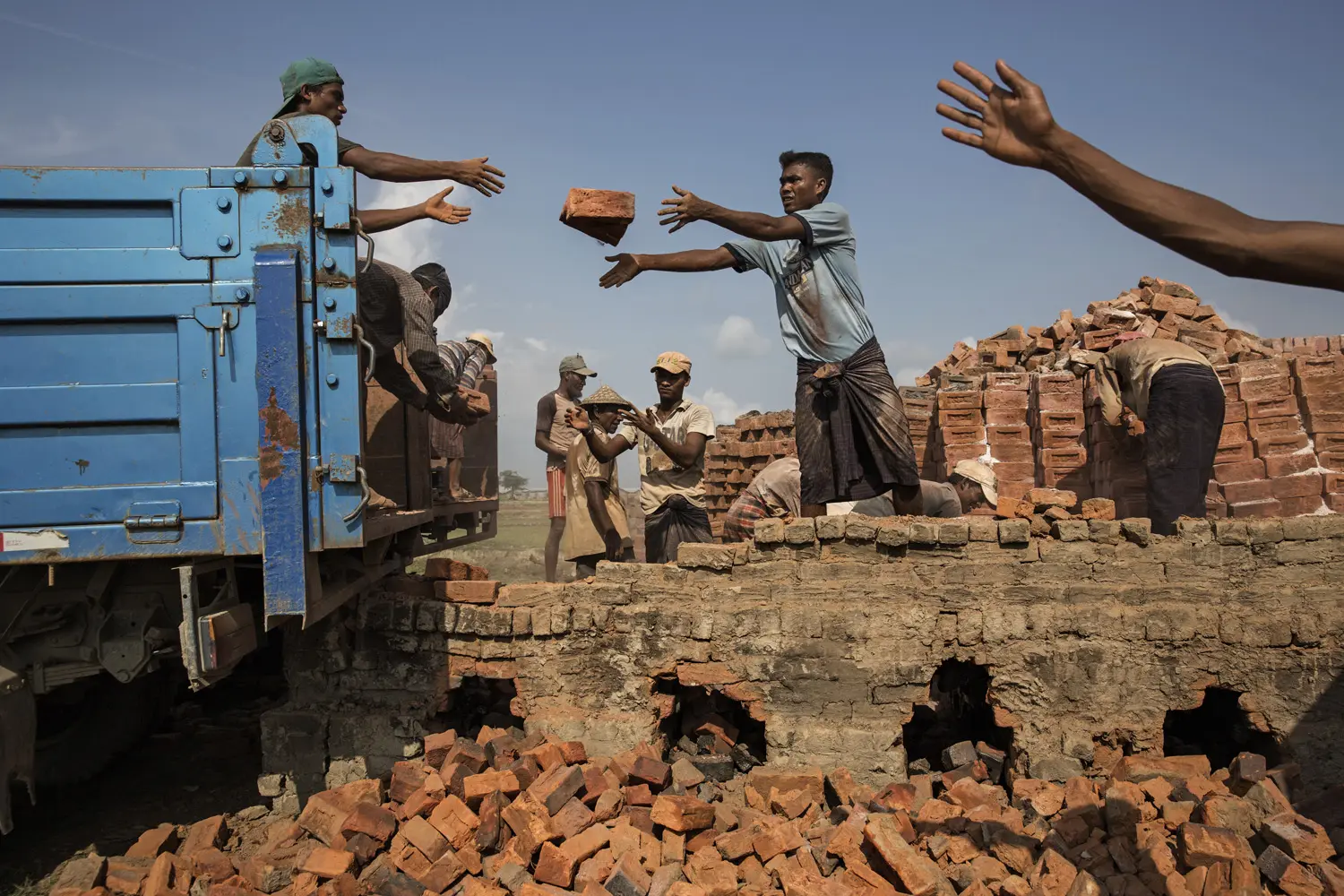
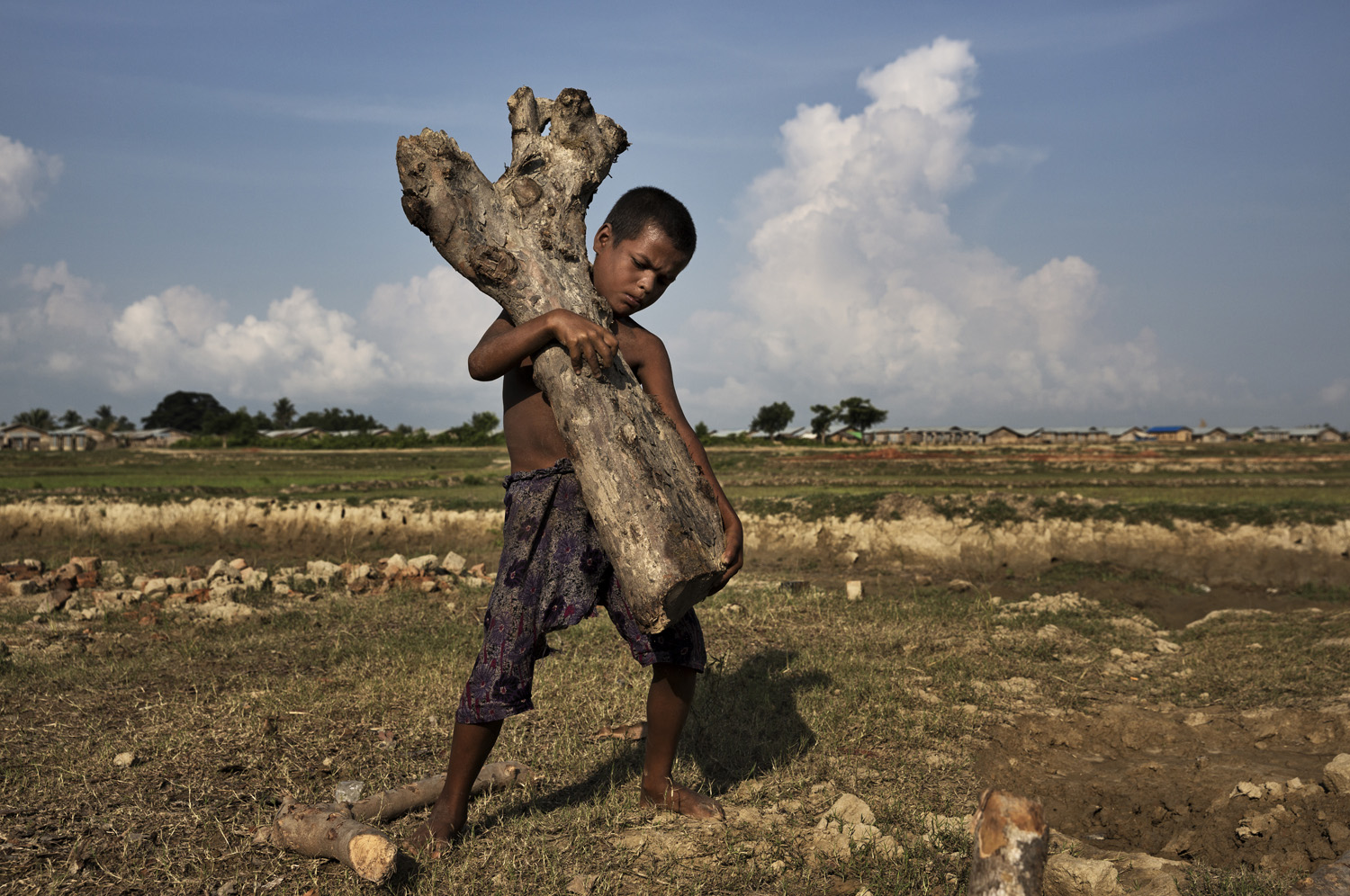
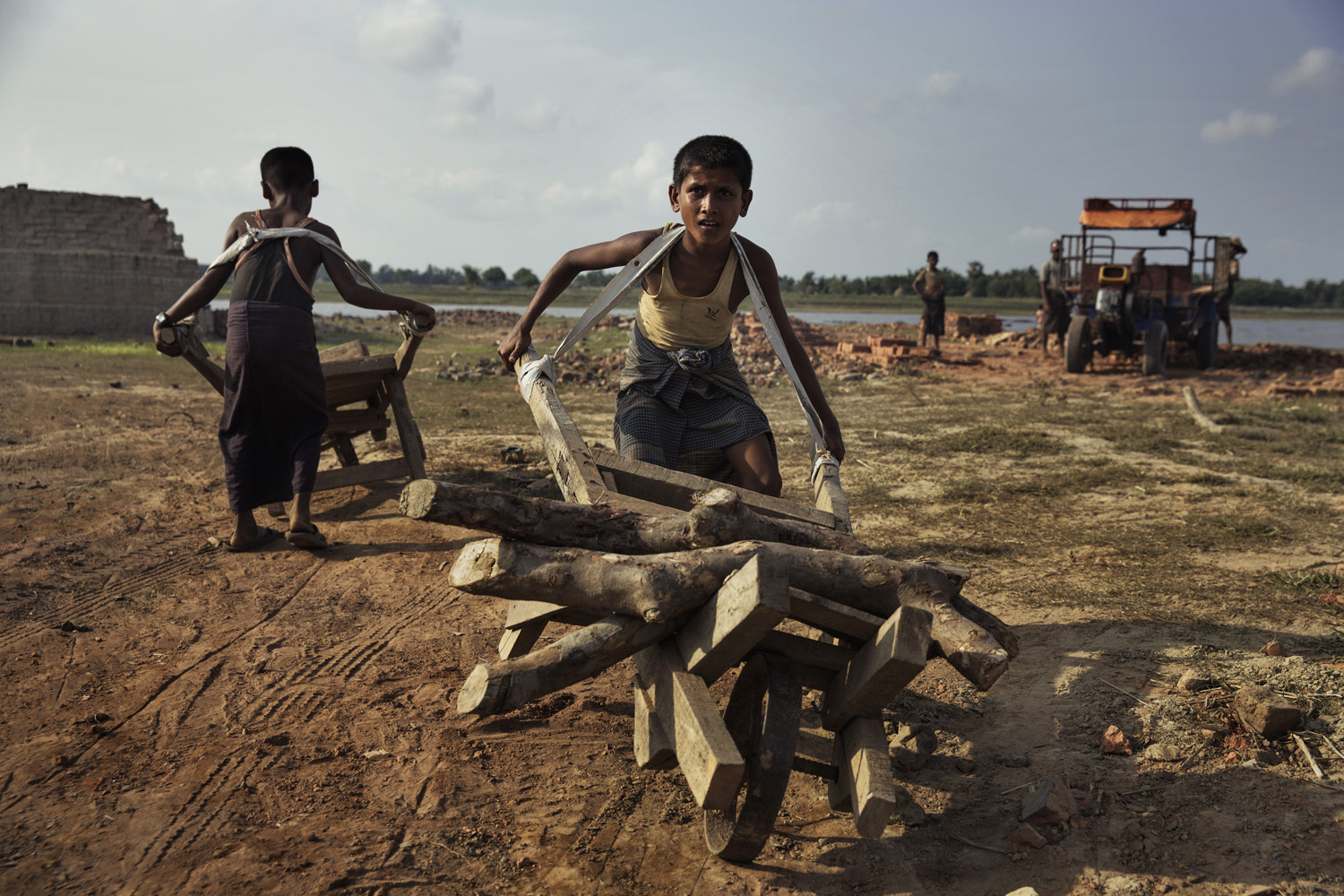
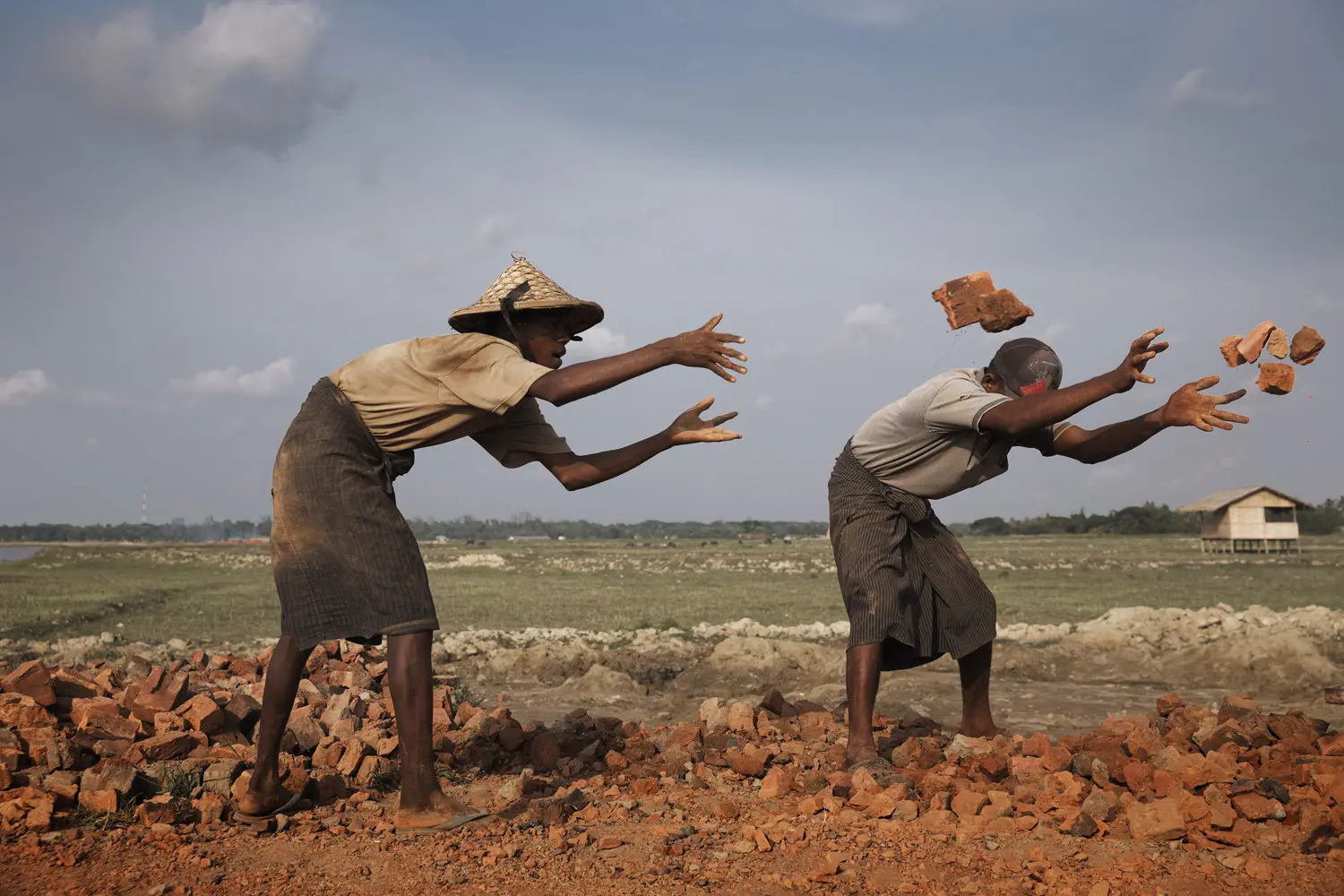
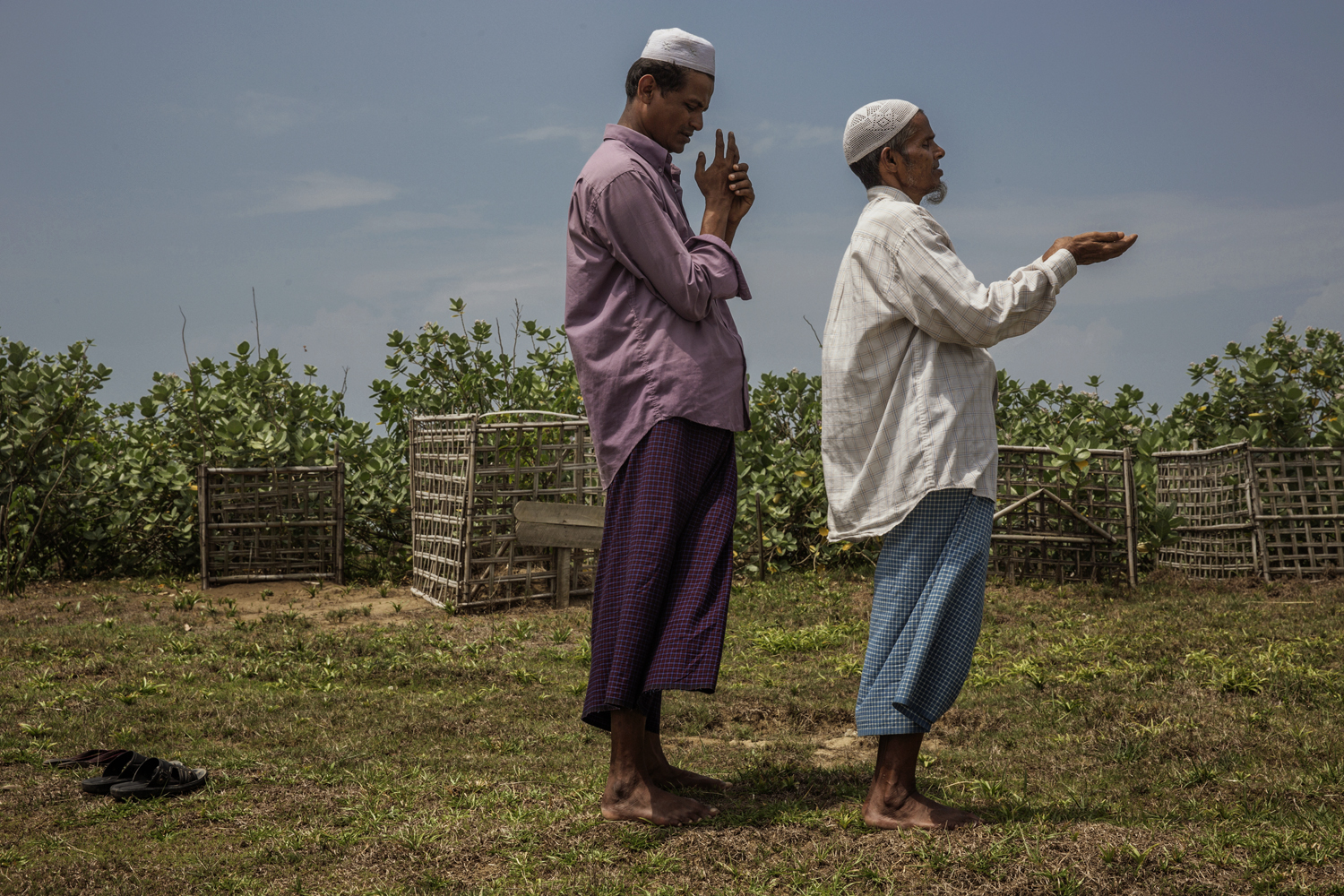
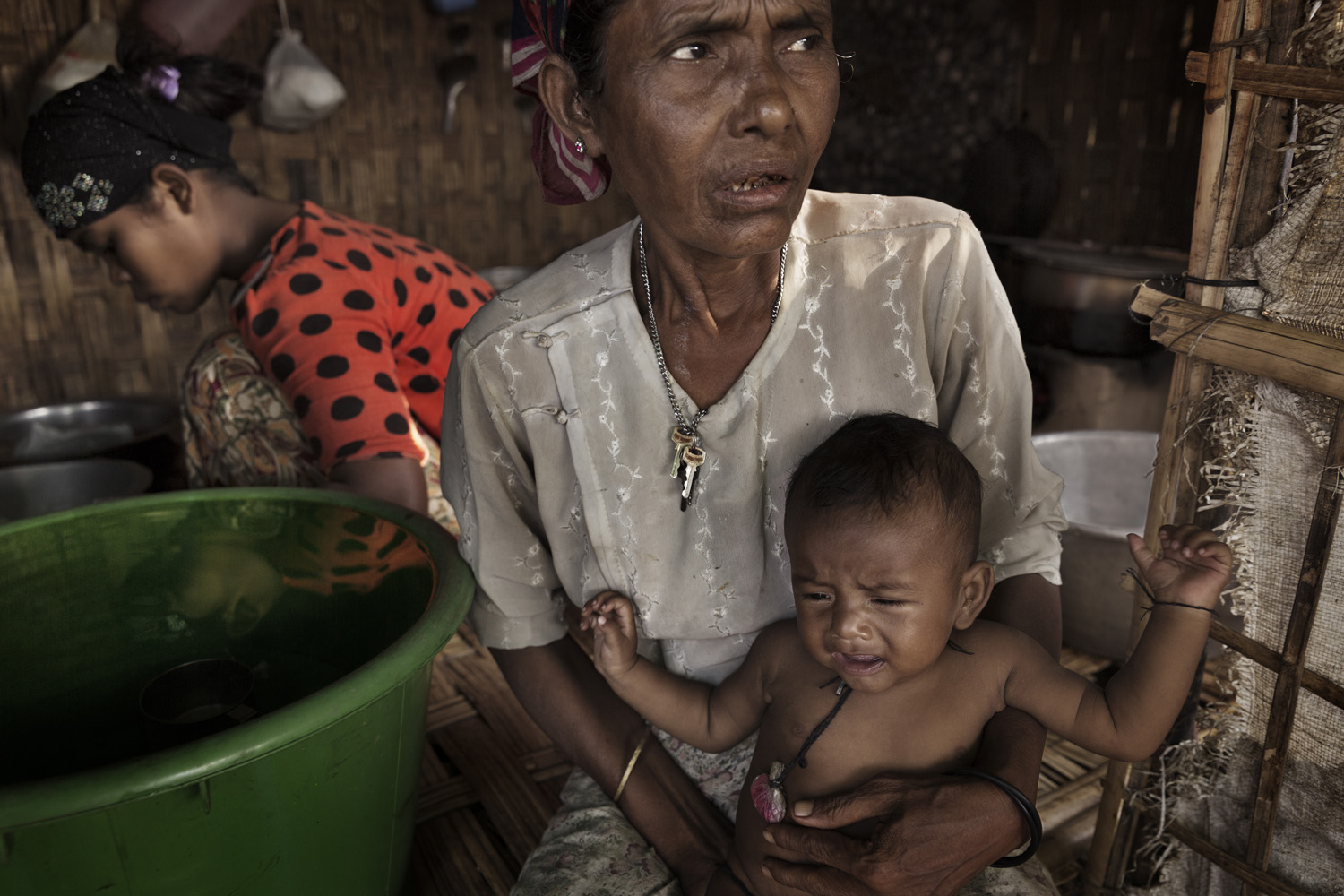
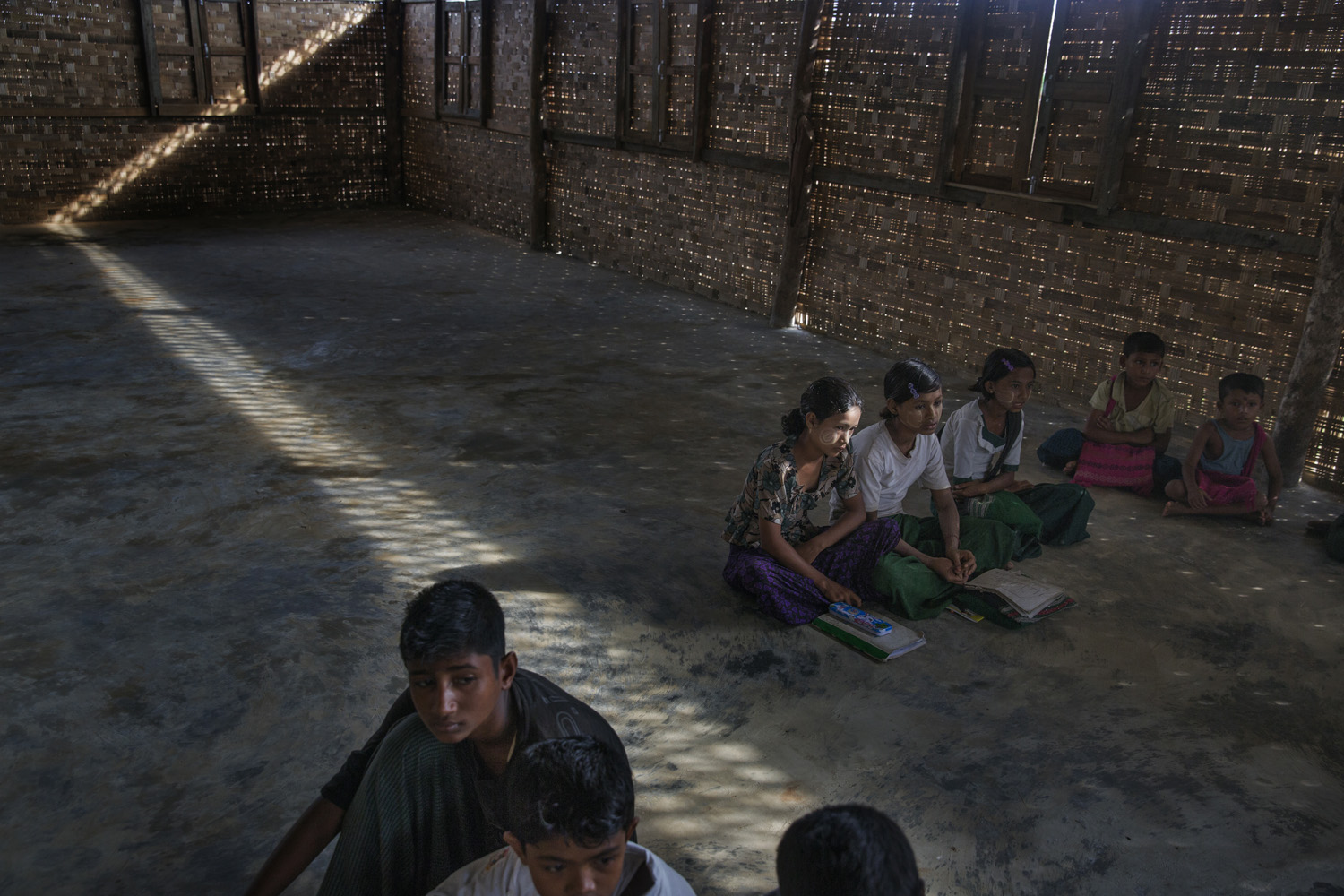
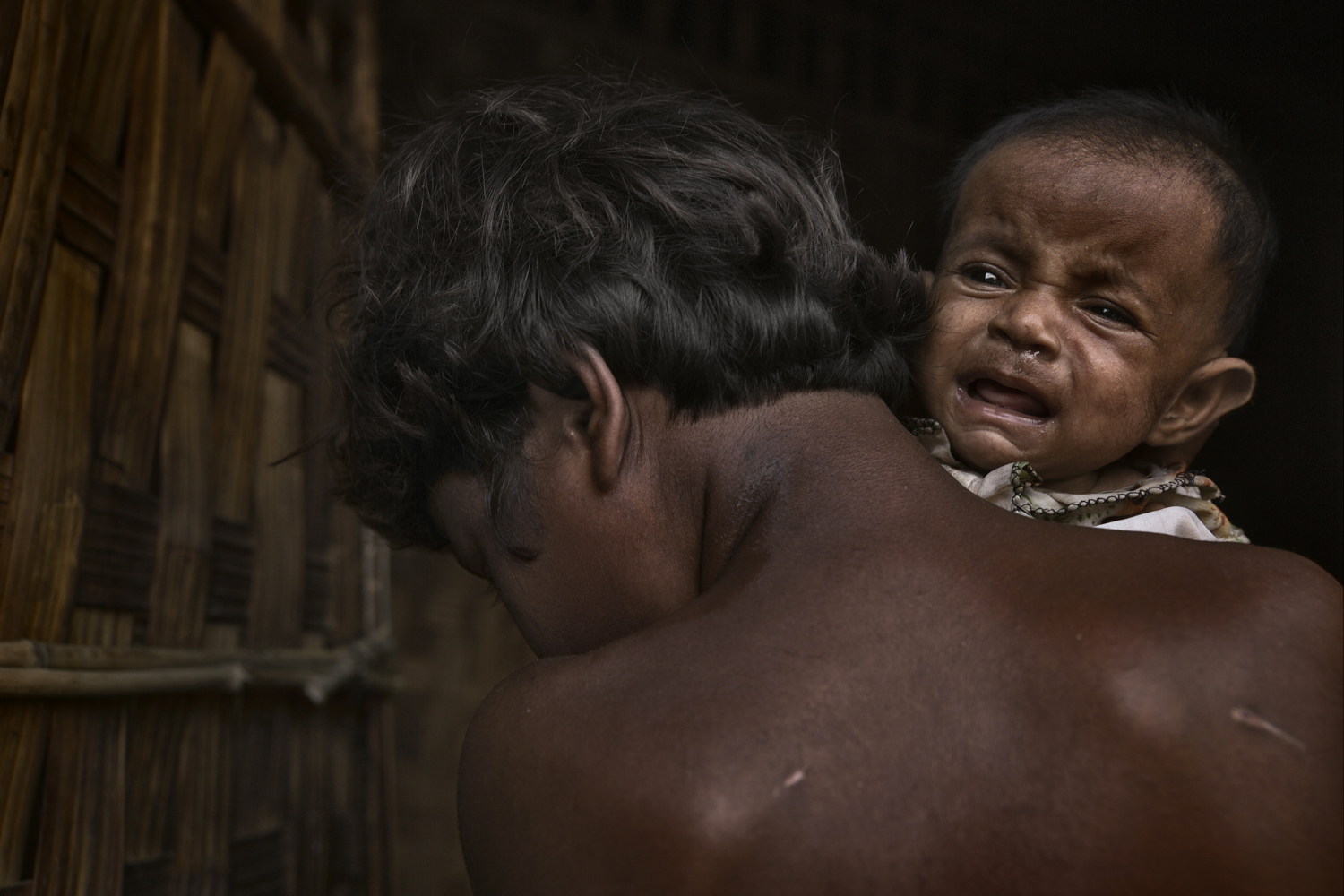
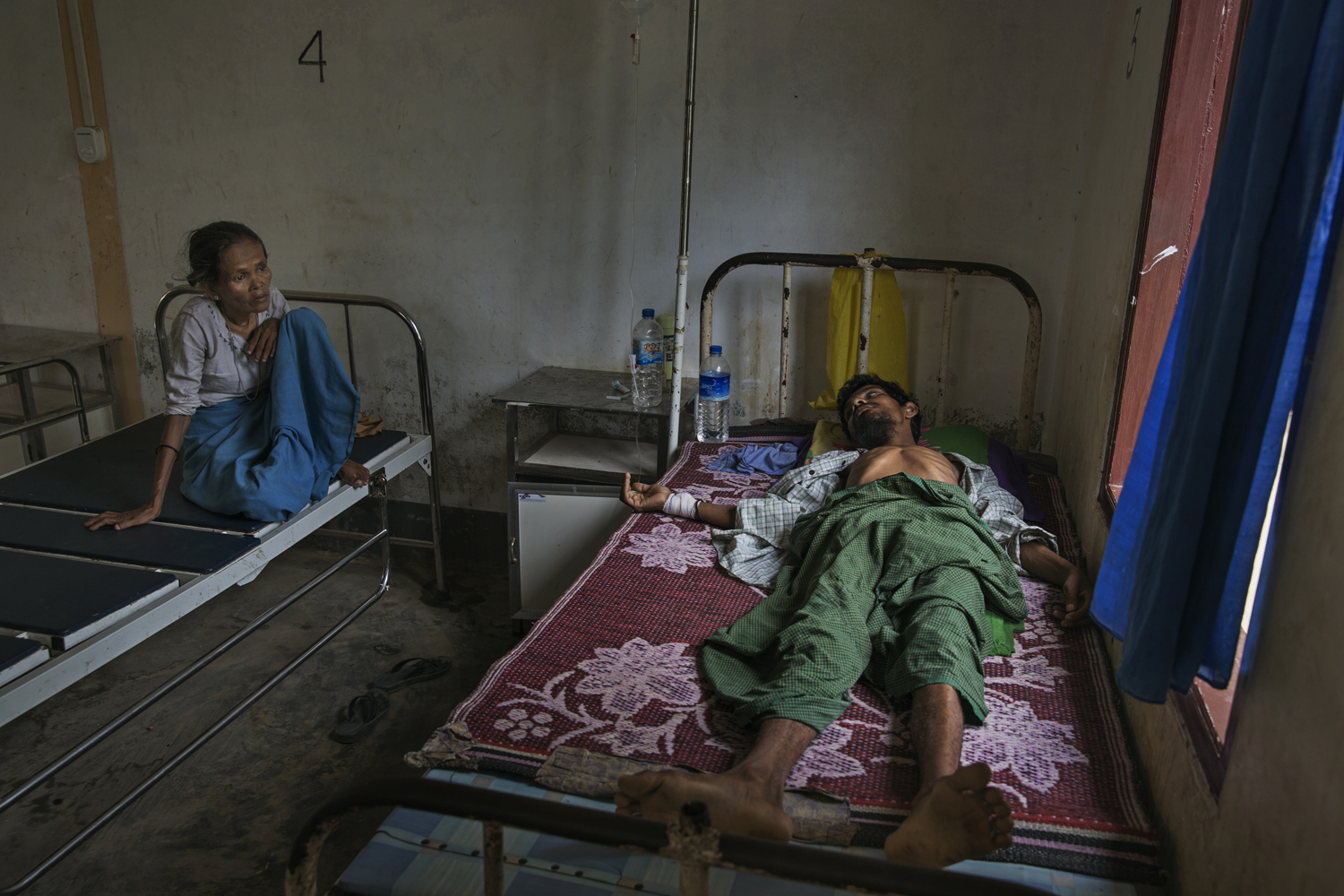
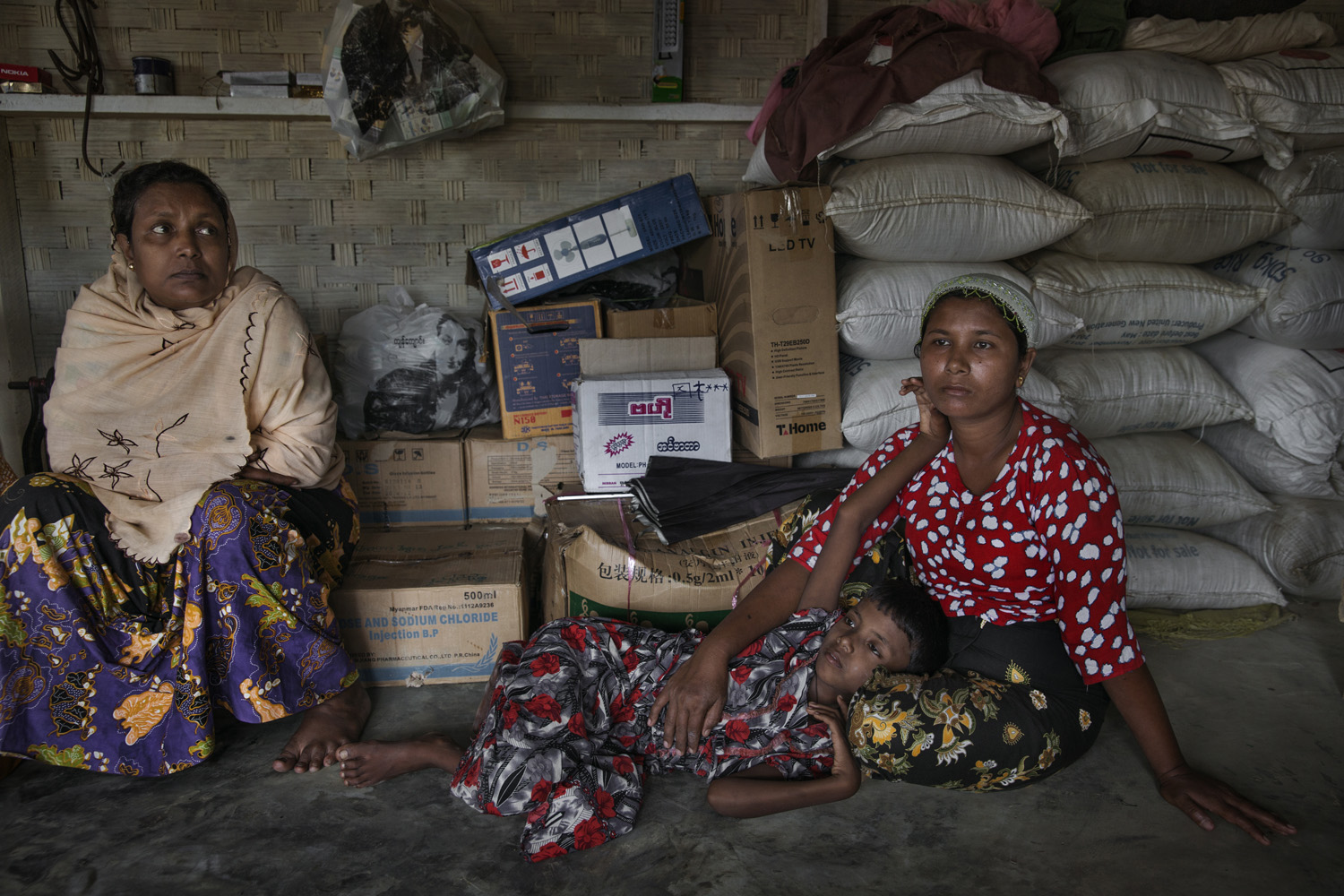
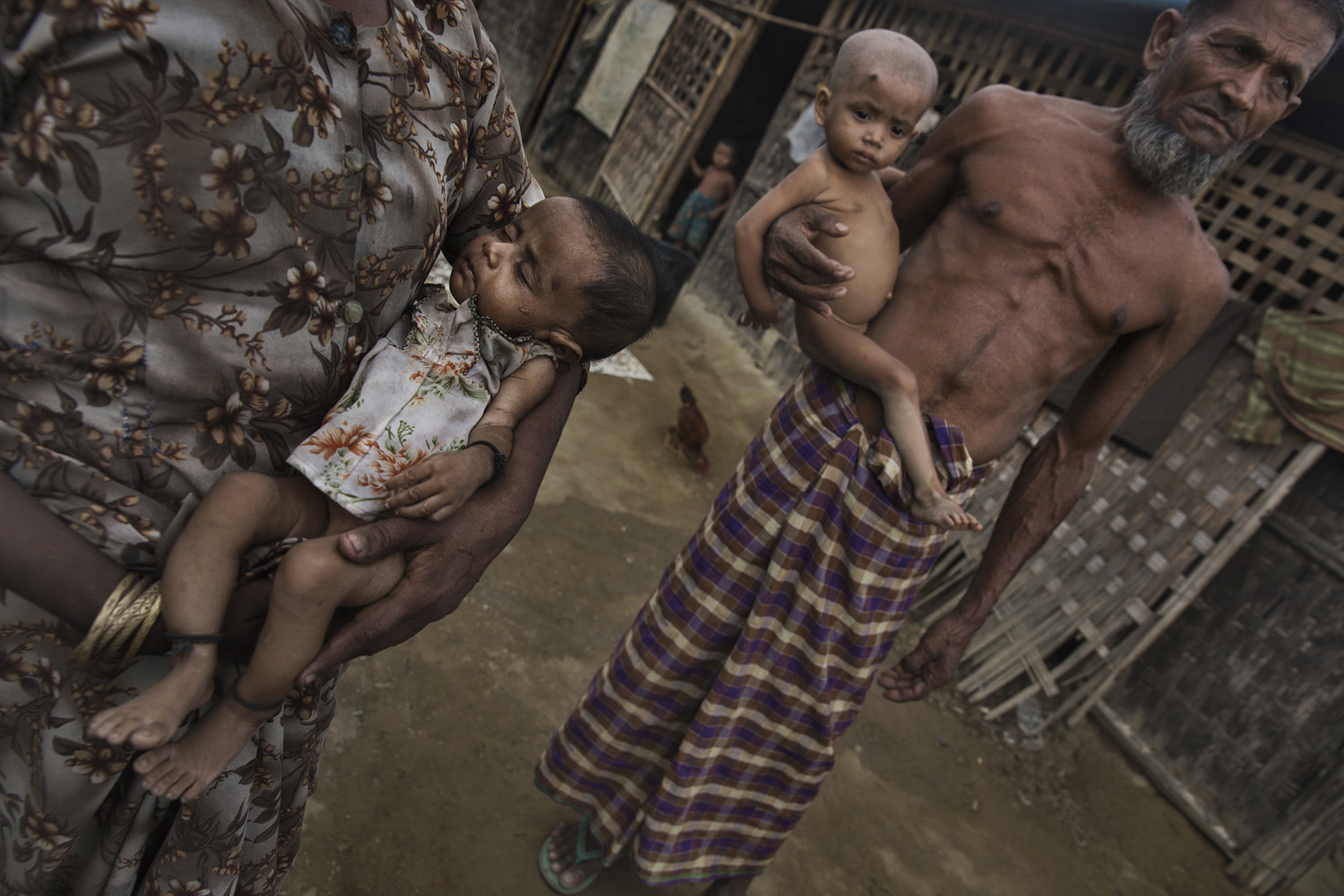
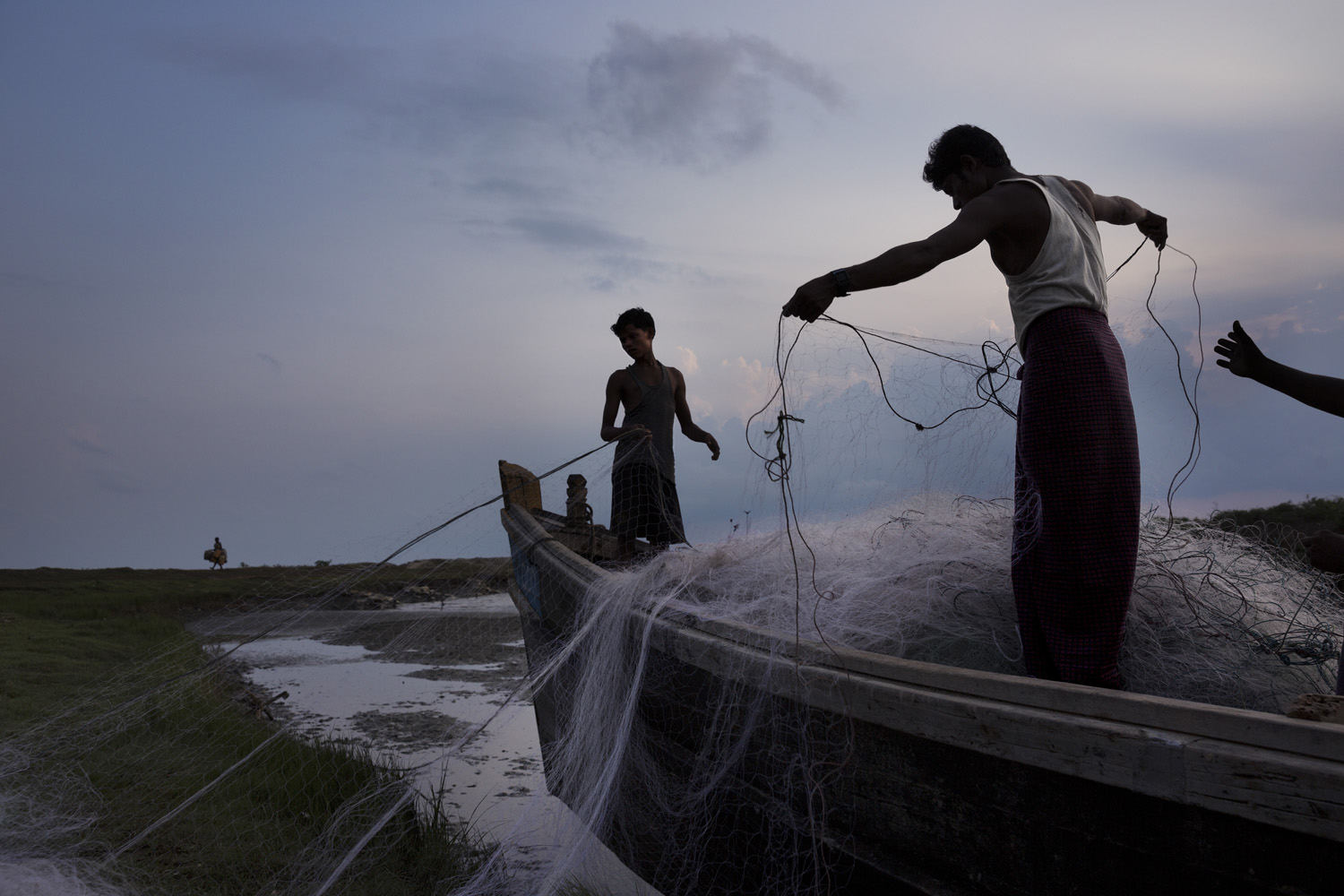
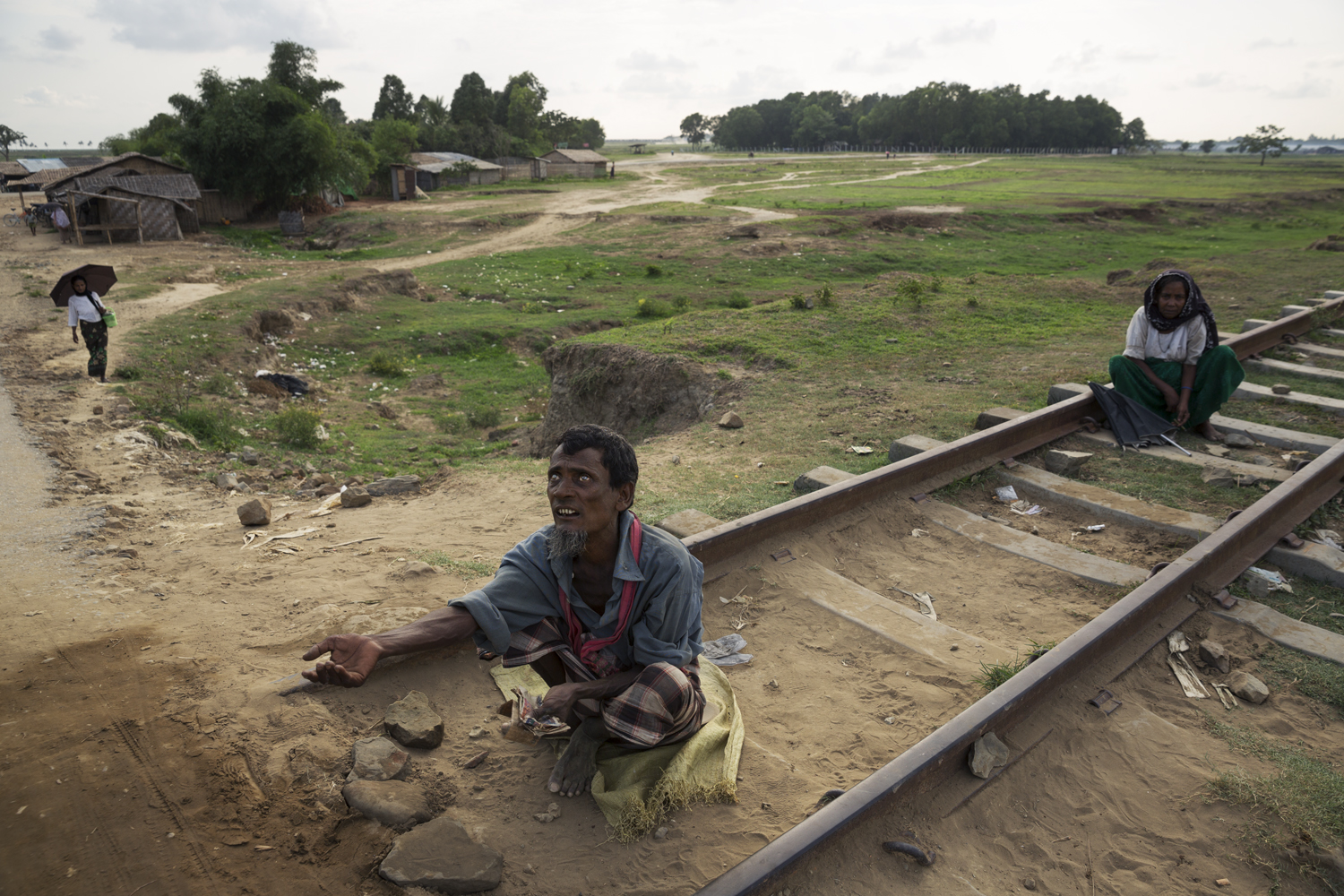
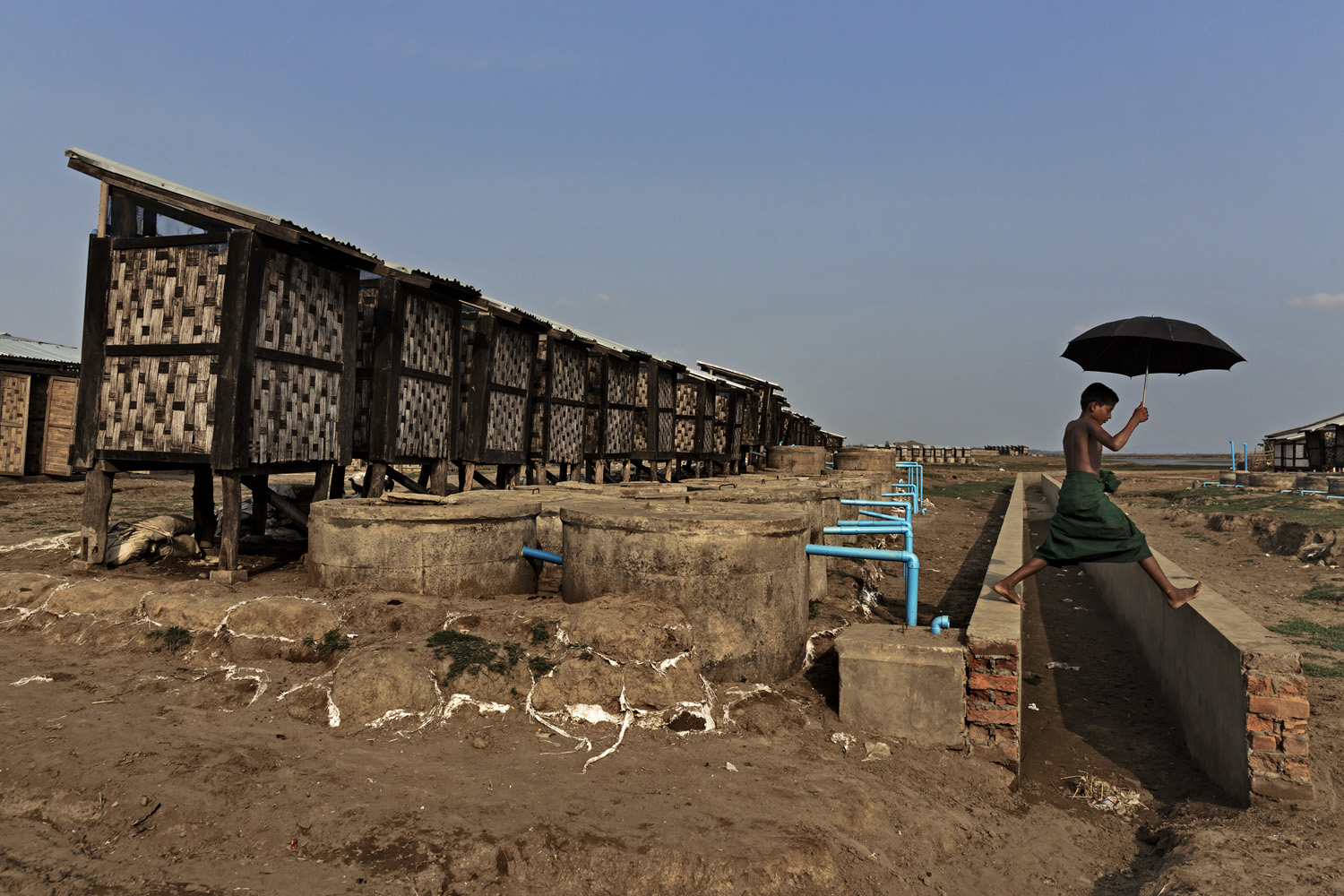
The state erupted in violence just as Burma (officially known as Myanmar) was beginning a transition from military dictatorship. “We assessed that the 2012 intercommunal violence targeted against the Rohingya civilian population resulted in approximately 200 deaths and over 140,000 displaced,” the report said. Tens of thousands of people have since taken to often unseaworthy boats to escape the country.
It remains unclear whether a new democratically elected administration set to take power April 1 will attempt to address the treatment of the Rohingya, who, as the State Department noted, receive “little public support” in majority-Buddhist Burma.
“We remain concerned about current acts that constitute persecution of and discrimination against members of the Rohingya population in Burma,” the report concluded.
More Must-Reads from TIME
- Donald Trump Is TIME's 2024 Person of the Year
- Why We Chose Trump as Person of the Year
- Is Intermittent Fasting Good or Bad for You?
- The 100 Must-Read Books of 2024
- The 20 Best Christmas TV Episodes
- Column: If Optimism Feels Ridiculous Now, Try Hope
- The Future of Climate Action Is Trade Policy
- Merle Bombardieri Is Helping People Make the Baby Decision
Write to Simon Lewis at simon_daniel.lewis@timeasia.com